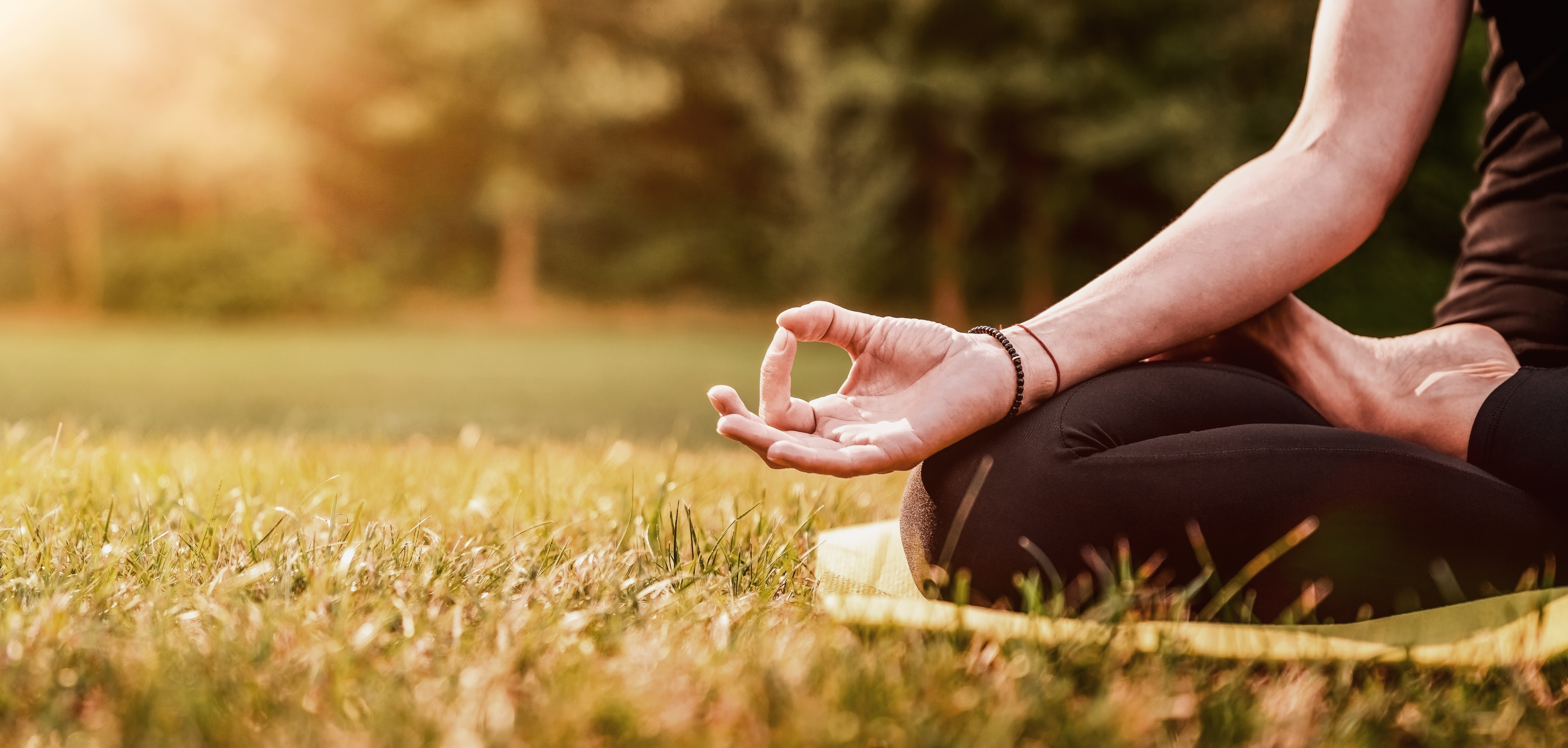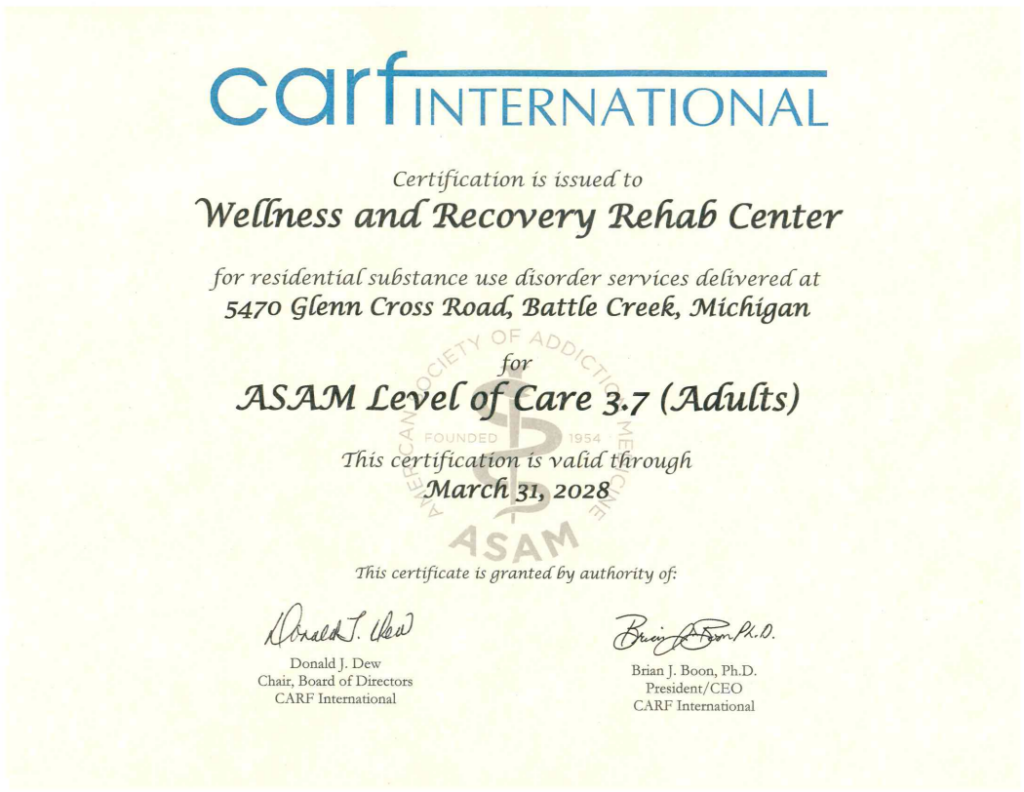
Explore the benefits and practical applications of various mental health activities, emphasizing their role to build resilience and foster well-being.
Mental well-being is deeply intertwined with every aspect of daily life, shaping how we think, feel, and interact with the world. Just as physical exercise strengthens the body, engaging in intentional mental health activities nurtures emotional resilience and psychological balance.
These activities serve as powerful tools for managing stress, anxiety, and depression, offering individuals the skills needed to navigate challenges with greater ease.

Wellness and Recovery provides a holistic approach to mental health healing and treatment. We offer diverse activities and practices, including mindfulness, yoga, art therapy, and outdoor experiences.
Our Battle Creek, Michigan wellness programs are designed to reduce stress, promote emotional regulation, and foster self-discovery.
Prioritizing mental wellness involves engaging in activities that nurture both emotional and cognitive health. Diverse practices, from mindfulness to creative expression, offer unique pathways to fostering resilience and overall well-being.
Research indicates that individuals who engage in regular exercise experience lower rates of depression and anxiety. Even something as simple as walking 10,000 steps per day can contribute to reduced stress levels, increased energy, and a greater sense of overall well-being.1

Our comprehensive programs are designed to provide personalized care that combines evidence-based therapies with holistic practices, empowering individuals to reclaim their lives.
DBT is a skills-based therapy that focuses on teaching mindfulness, distress tolerance, emotion regulation, and interpersonal effectiveness. It is especially beneficial for individuals with co-occurring disorders who struggle with intense emotions, impulsivity, or relationship difficulties.
DBT helps individuals build a foundation for emotional stability and healthier interactions, crucial for long-term recovery. Our team often integrates DBT into co-occurring mental health activities in treatment to ensure a holistic healing process.
For individuals with opioid or alcohol use disorders, MAT can be a vital part of integrated care. MAT combines FDA-approved medications with counseling and behavioral therapies to manage withdrawal symptoms, reduce cravings, and prevent relapse.
Our medical team provides personalized MAT plans, ensuring safe and effective medication management alongside comprehensive therapy.
We recognize that trauma often underlies both substance use and mental health disorders. Our trauma-informed approach integrates therapies like other trauma-focused treatments, helping individuals process traumatic experiences and develop healthier coping strategies.
Our team at Wellness and Recovery is here to provide a comprehensive and personalized approach to your healing, empowering you or your loved ones to achieve lasting recovery and build a fulfilling life.

Integrating mental health activities into daily life is a powerful way to enhance emotional well-being, build resilience, and create a greater sense of balance.
Whether through movement, mindfulness, creative expression, or other self-care practices, these activities provide essential support for mental and emotional health.
We are committed to fostering hope and empowering you to reclaim your well-being, one step at a time.
At Wellness and Recovery, we understand that every individual’s journey is unique. That’s why our personalized mental health and substance use disorder programs are designed to help you incorporate meaningful wellness practices into your lives, fostering long-term emotional stability.
Reach out to our team today to start the healing process and become the best version of you.
